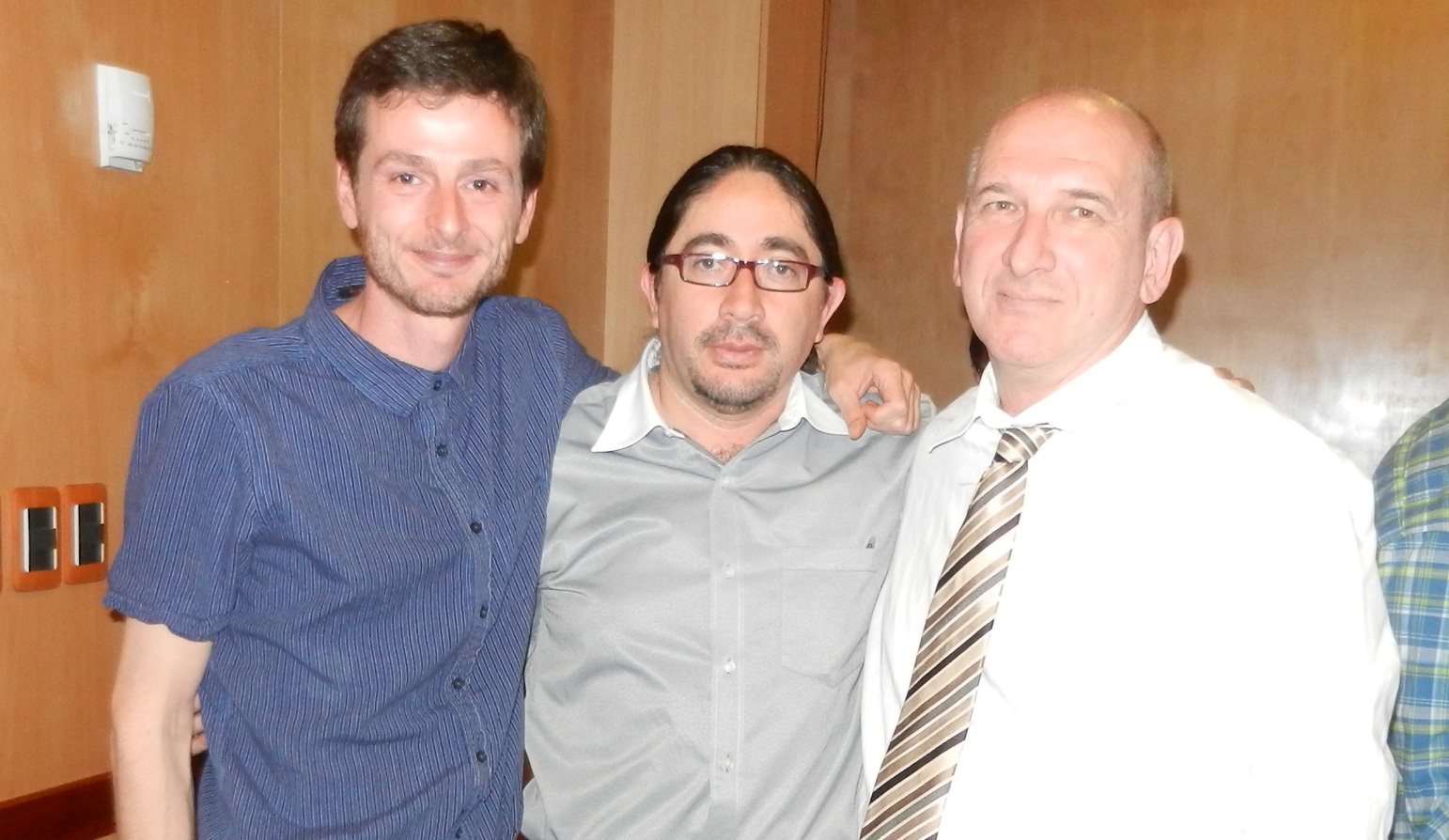En una nueva entrevista con el canal de televisión de noticias Telesur, el Secretario de Educación Superior, Ciencia, Tecnología e Innovación, René Ramírez, uno de los padres ideológicos del proyecto Buen Conocer/FLOK Society explica el cambio que se prepara en Ecuador de la gestión del conocimiento, y cómo esos cambios se expresarán en nuevas leyes en Ecuador y en los tratados internacionales que Ecuador firmará en el futuro. Ramírez explica:
“Dado que Ecuador es una nación de desarrollo tardío y por principio ideológico, la nueva gestión del conocimiento debe buscar construir una institucionalidad que recupere el sentido de lo público y común del bien conocimiento. En otras palabras, no sólo proponemos construir un sistema abierto, libre y público del conocimiento porque creemos (por convencimiento) sino porque lo necesitamos en este momento histórico que vive el país. Básicamente nos referimos a una apuesta soberana para romper las sujeciones dependentistas históricas y contemporáneas en el campo cognitivo; y, programáticamente al cambio en la matriz productiva y los procesos de industrialización asociados a ello.
“Recordemos que -por ejemplo- EE.UU. tenía un sistema cuasi-abierto de gestión del conocimiento durante sus tempranos períodos de industrialización -solo reconocían las patentes nacionales y no permitían las patentes de empresas extranjeras; así podían copiar libremente su tecnología-. Otros países que han desarrollado industria recientemente, como India ni siquiera aceptaron la regulación internacional de la OMC sino hasta hace pocos años, cuando -por ejemplo- su industria farmacéutica de medicamentos genéricos ya había despegado. Los gobernantes de este país sabían que si aceptaban un régimen privativo de propiedad intelectual no podrían desarrollar esta industria, poniendo en riesgo no sólo el desarrollo manufacturero de su país, sino la salud de su población.
“Esto implica que tanto los convenios que hemos firmado a nivel internacional, los acuerdos que firmaremos y el nuevo código orgánico de economía social del conocimiento busquen construir un sistema de propiedad intelectual que desarrolle la actividad creativa y la innovación socio-económica, que facilite la transferencia tecnológica y el acceso abierto al conocimiento/cultura (lo/la democratice) para así romper con la dependencia cognitiva que hasta este momento padecemos.”
Lea la entrevista completa en la página web de Telesur.
In a new interview with the South American news channel Telesur, Ecuador’s General Secretary of Science, Technology and Innovation, Rene Ramirez, explains how Ecuador’s concept of knowledge is set to change, and how those changes will be expressed in law and in our relations with international treaties. Ramirez is one of the ideological parents of the FLOK Society project. He said to Telesur:
“Because Ecuador is a country that is behind in its development, and by ideological principle, the new way to manage knowledge needs to seek an institutionality that recovers a sense of the public and the common good of knowledge. In other words, we aren’t just proposing to build an open, free and public system of knowledge because it’s something we believe in, but because it’s what we need during this historic moment the country finds itself in. Basically we are making a wager on sovereignty, to break the historic and contemporary dependencies that exist in the cognitive field, and, it follows, the change of Ecuador’s productive matrix and the industrialization processes associated with it.”
“Let’s recall that, for example, the U.S.A. ha a semi-open knowledge system during their early industrialization period. They only recognize national patents and outlawed patents held by foreign companies, so people from the United States could freely copy others’ technology. Other more recently developed nations, for example India, didn’t even accept WTO regulation until a few years ago, once their generic medicine industry had already taken off. The leaders of that country knew that if they accepted a privatizing regime of intellectual property they wouldn’t be able to develop that industry, which would risk not only their manufacturing industry in the country, but the health of their population.
“This means that the agreements we’ve signed at the international level, the treaties we will sign in the future and the national law legislating the social knowledge economy will seek to construct a system of intellectual property that develops creative activity and socio-economic innovation, that facilitates the transference of technology and open access to knowledge and culture, to in that way break the cognitive dependency that so far we have been subjected to.”
Read the full interview, in Spanish, on Telesur’s webpage

